Number Recognition Worksheets for Ages 3-8 - Page 36
848 filtered results
-
From - To
Number recognition is a foundational skill for children aged 3-8, forming the cornerstone for their future mathematical understanding. Early competence in this area sets the stage for more advanced concepts, such as addition, subtraction, and eventually, more complex operations like multiplication and division. When parents and teachers focus on number recognition, they provide children with the building blocks necessary for academic success.
Knowing numbers is not just about rote memorization; it involves understanding that numbers represent quantities, which is crucial for developing numerical literacy. This early skill promotes cognitive development by helping children categorize, compare, and build relationships between quantities, enhancing their problem-solving and logical thinking skills.
Furthermore, number recognition is interconnected with other learning areas. For instance, children who can identify numbers are better prepared to learn about time, money, and measurement, making everyday activities like following a recipe or understanding time more comprehensible.
From a socio-emotional perspective, mastering number recognition can boost a child’s confidence and motivation. Early achievement in math-related tasks often encourages a positive attitude towards future learning in STEM (Science, Technology, Engineering, and Mathematics) fields. Therefore, by investing in number recognition skills during these crucial early years, parents and teachers lay a strong educational foundation that supports lifelong learning and academic success.

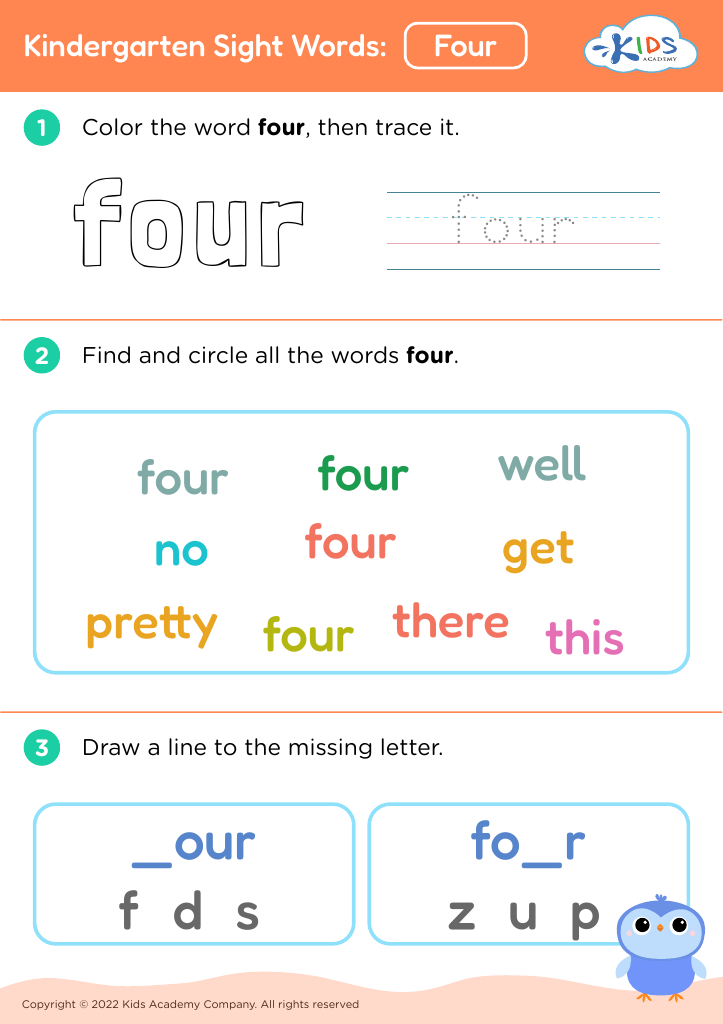
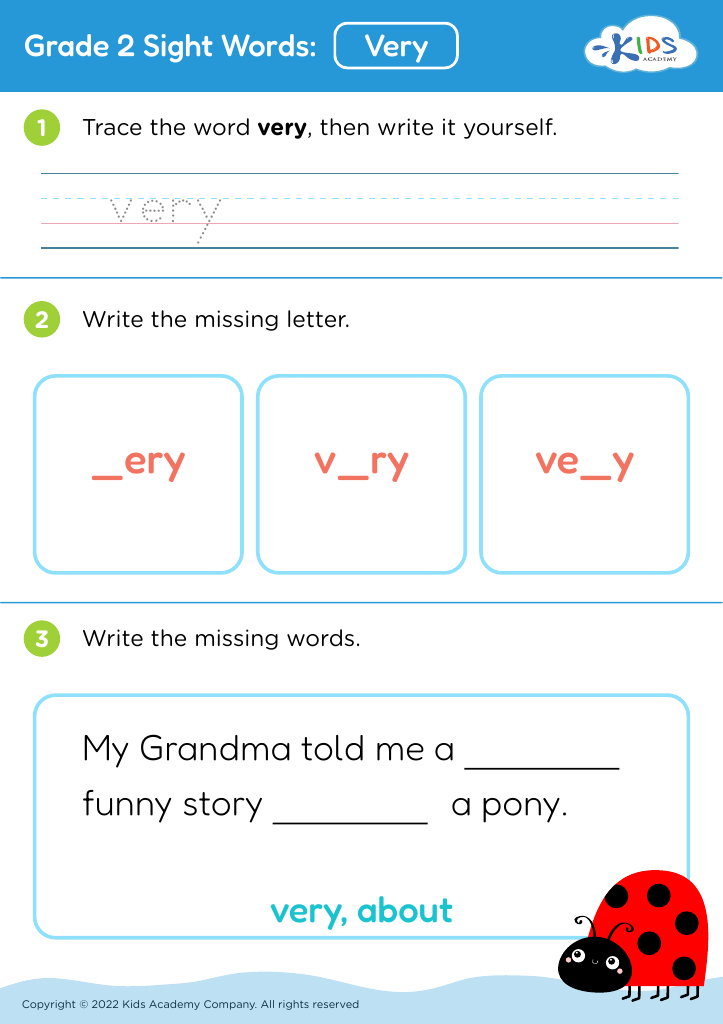
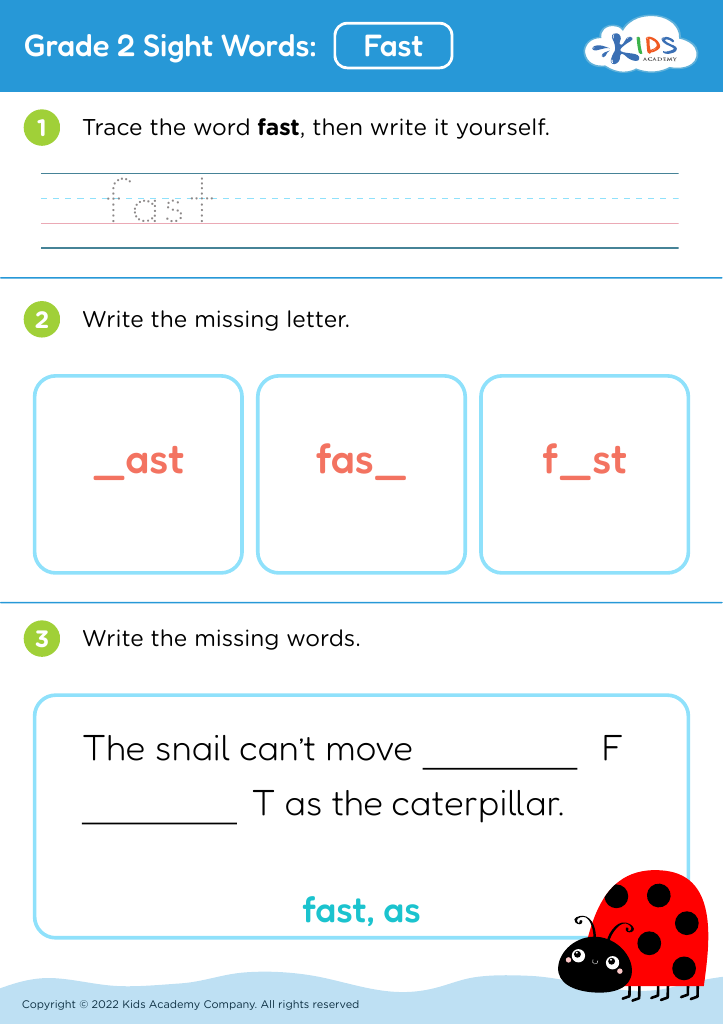

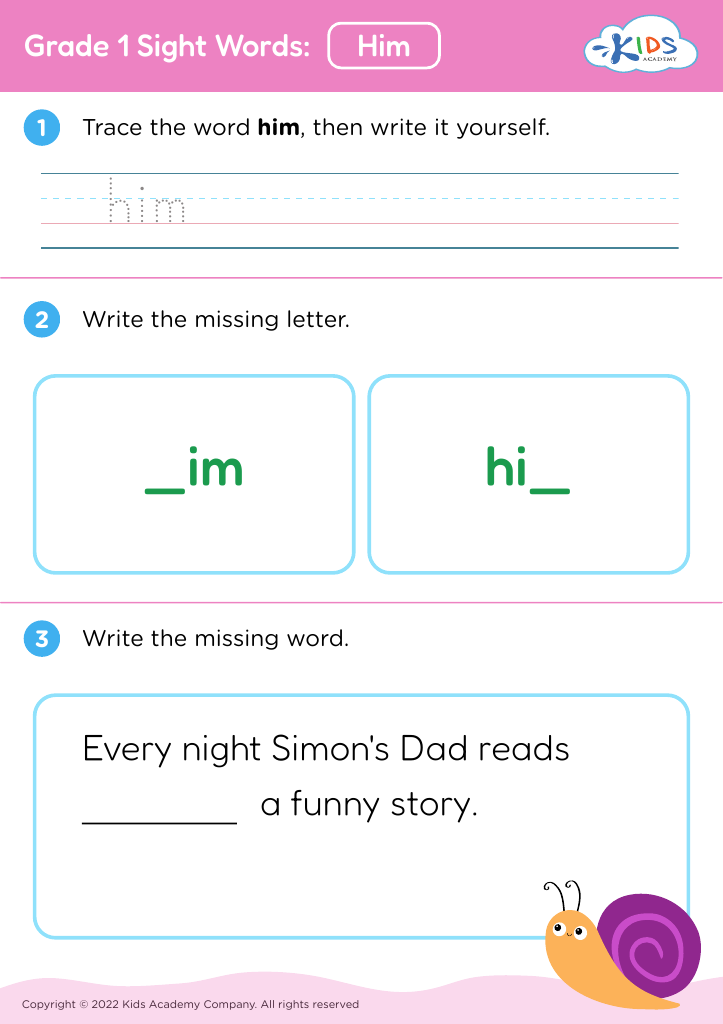
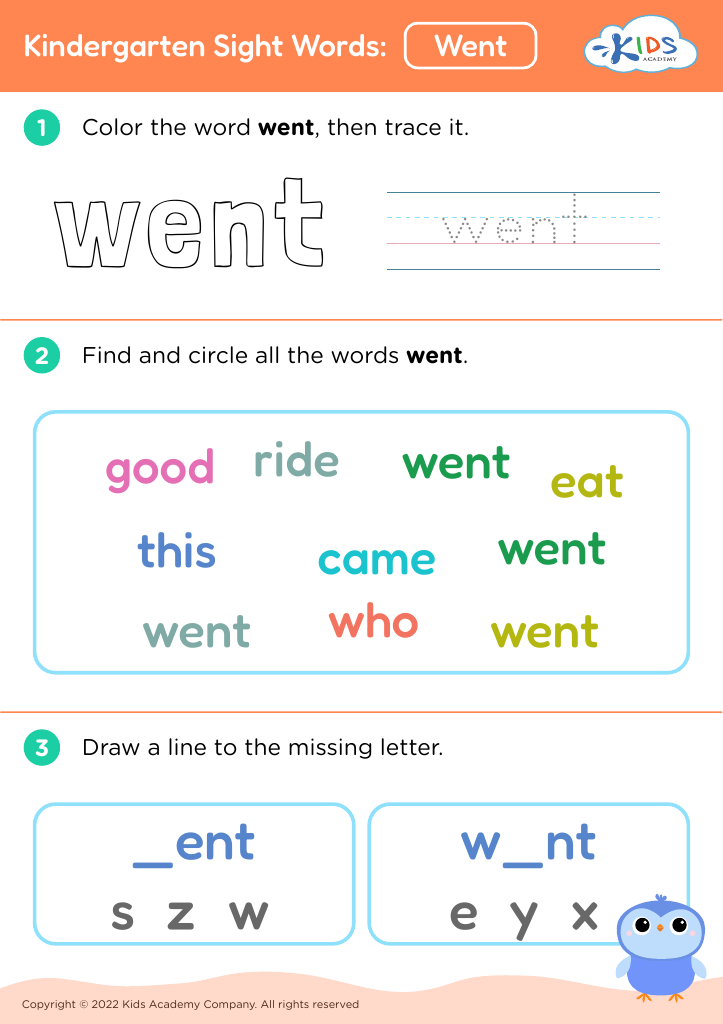
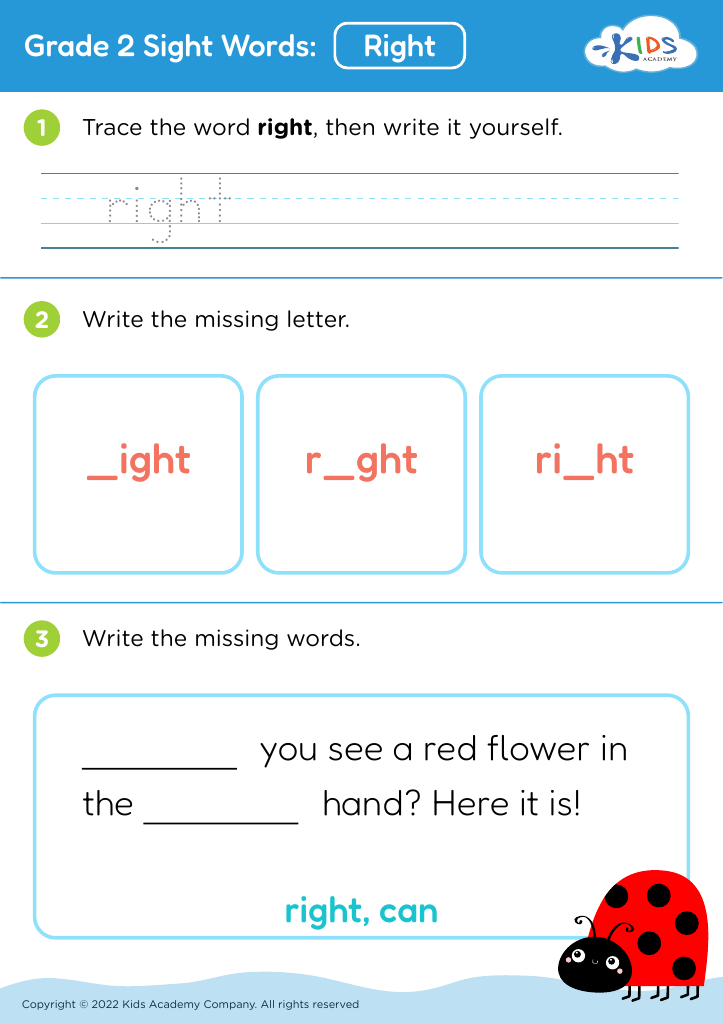




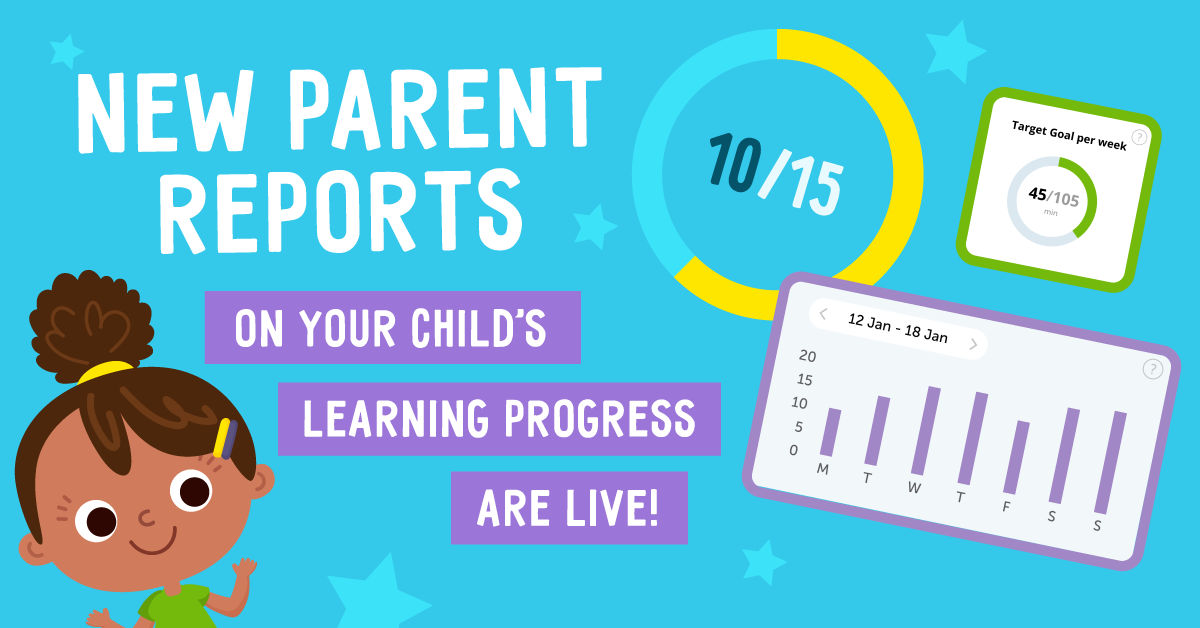


.jpg)
.jpg)








